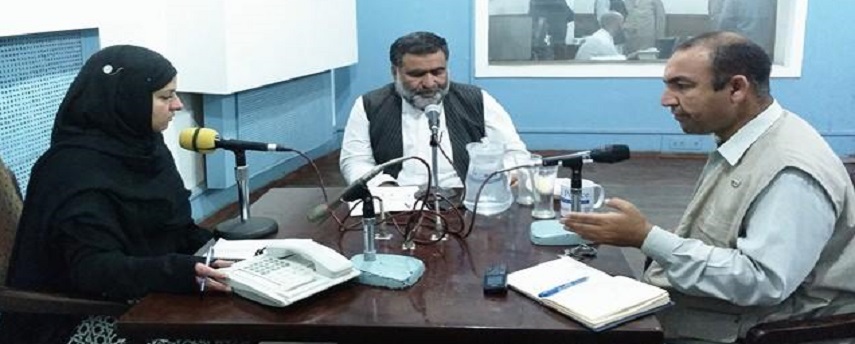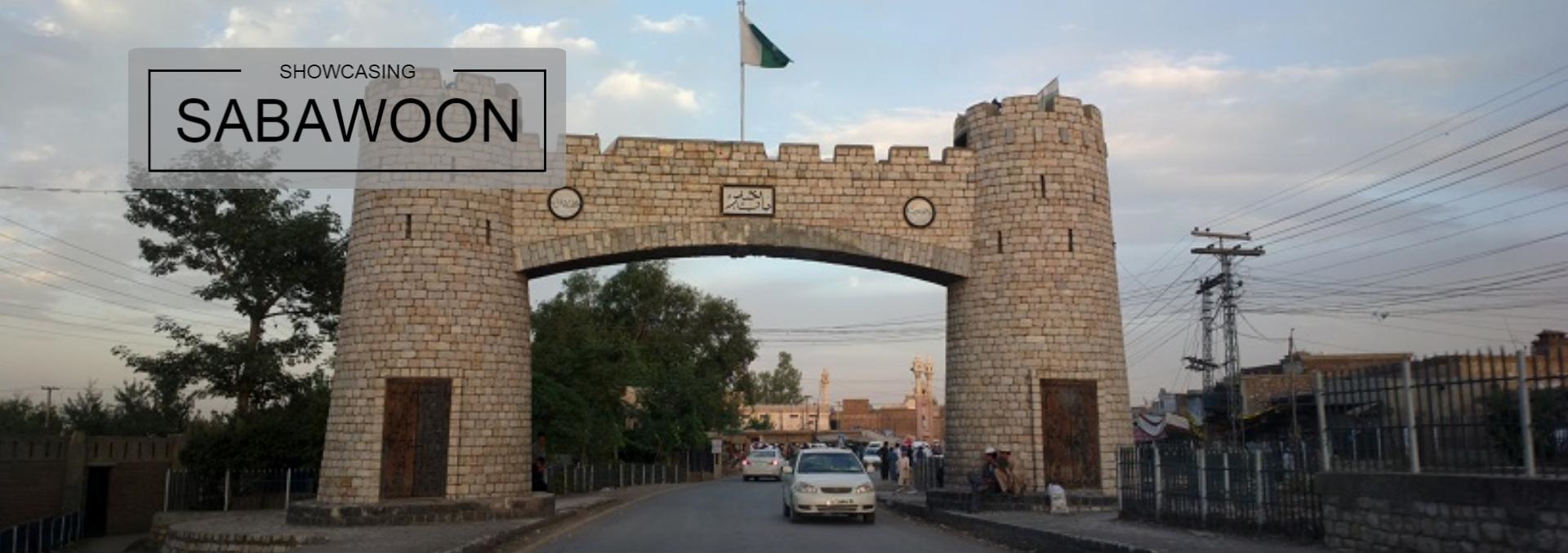Importance of Poetry and Music in Pointing out Social Problems.
The latest episode of Ranra (light) discussed the significance of poetry, music and literature in addressing and solving social problems.
The program cast a look at the importance of poetry, music and literature in the reflection of social evils and public motivations. Moreover, the program discussed the role of TV dramas and movies in depicting a culture. Furthermore, topics such as the impact of war on terror on Pashtu poetry and literature and the decrease in reading habits, the poor availability of Pashtu books, developments in Pashtu music and the role of poetry and literature in the development of a country were debated in the program.
Mr. Gul Muhammad Baitab, a Pashtu Poet, writer and Drama writer from Peshawar participated as a studio guest in the show.

Mr. Baitab said: A poet is like a mirror of society, reflecting the problems, woes and misery of the people as well as its traditions. We should be fair enough to portray the real situation to contribute to its improvement.”
A report was made part of the program that elucidated how Pashtu poetry, music and literature are affected by the layer of militancy.
Six callers shared their views live in the program. They urged the government to establish an organization that critically reviews the published material in the regions and supports different productions.
About Sabawoon
Sabawoon airs in Khyber Pakhtunkhwa (KP) and Federally Administered Tribal Areas (FATA). It is designed to highlight the local issues and promote the fundamental governance values, such as democracy, rule of law, women’s rights, and equal citizenry. The show airs Monday through Thursday every week under four themes on FM-101.5 Peshawar and Dera Ismail Khan 711 KHZ from 3:20 PM to 4:00 PM. On Monday, Jarga Maraka covers current affairs and important regional issues with an input from government and other senior officials. On Tuesday, Da Simay Jaaj gives an overview of the top stories from KP and FATA regions. Jwandai Jazbey airs on Wednesday and deals with issues of relevance to, and significance for, youth, students and women. Socio-cultural affairs are discussed in Ranra on Thursday.

